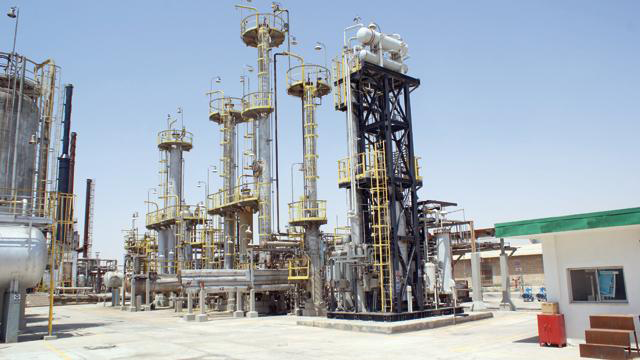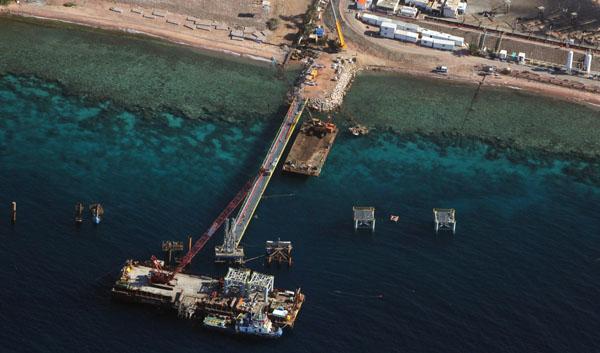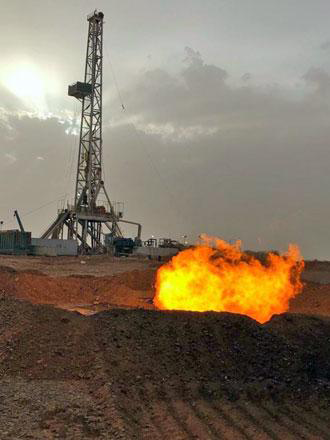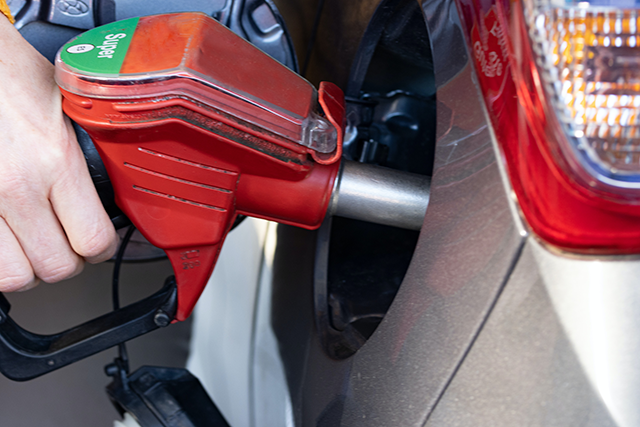You are here
Energy Ministry confirms stability of gasoline reserves, multi-source electricity supply
By JT - Aug 14,2024 - Last updated at Aug 14,2024

The Ministry of Energy and Mineral Resources assures on Wednesday that the Kingdom's gasoline reserves are secure and the electricity system is supplied by multiple sources (JT file)
AMMAN — The Ministry of Energy and Mineral Resources assured on Wednesday that the Kingdom's gasoline reserves are secure and the electricity system is supplied by multiple sources.
The ministry highlighted the government's commitment to the natural gas sector as a key component of its comprehensive energy strategy for 2020-2030, which aims to diversify energy sources and reduce reliance on any single source, according to a ministry statement.
The ministry also said that the Kingdom's natural gas needs are currently met by four main sources until 2030: Egyptian gas delivered through pipelines, Mediterranean gas transported via pipelines, liquefied natural gas (LNG) from the floating terminal in Aqaba, and locally produced gas from the Rishah field, adding that two of these sources are secured through long-term contracts.
Natural gas constitutes 66 per cent of Jordan’s electricity generation mix, while renewable energy sources contribute 20 per cent, and the Atarat power plant, which utilises oil shale, accounts for 14 per cent, the ministry added.
The statement also noted that the National Electric Power Company (NEPCO) has developed emergency procedures to address potential disruptions in natural gas supply, adding that most of the Kingdom's conventional power plants are equipped to use alternative fuels such as diesel or fuel oil and are supported by storage tanks to ensure a reliable supply.
To further enhance fuel security, the government has established significant storage capacity at the "Madhounah" facility, with a total capacity of 312,000 tonnes for petroleum products and liquefied petroleum gas (LPG). Additionally, a storage facility in Aqaba holds 106,000 tonnes, including 6,000 tonnes of LPG.
The statement also noted that the private sector contributes to storage solutions to ensure a continuous supply of petroleum products throughout the year, noting that the combined storage capacity is adequate to meet the Kingdom's fuel needs for over 60 days.
Related Articles
The liquefied petroleum gas (LPG) terminal in Aqaba will begin operations at the end of February, according to Aqaba Development Corporation (ADC) CEO Ghassan Ghanem.
AMMAN — Jordan's crude oil production declined significantly in 2023, falling to 43,988 barrels from 94,675 barrels in 2022, according to th
AMMAN — In the wake of a recent low-pressure air front affecting the region, demand for fuel increased significantly in Jordan, according to

















